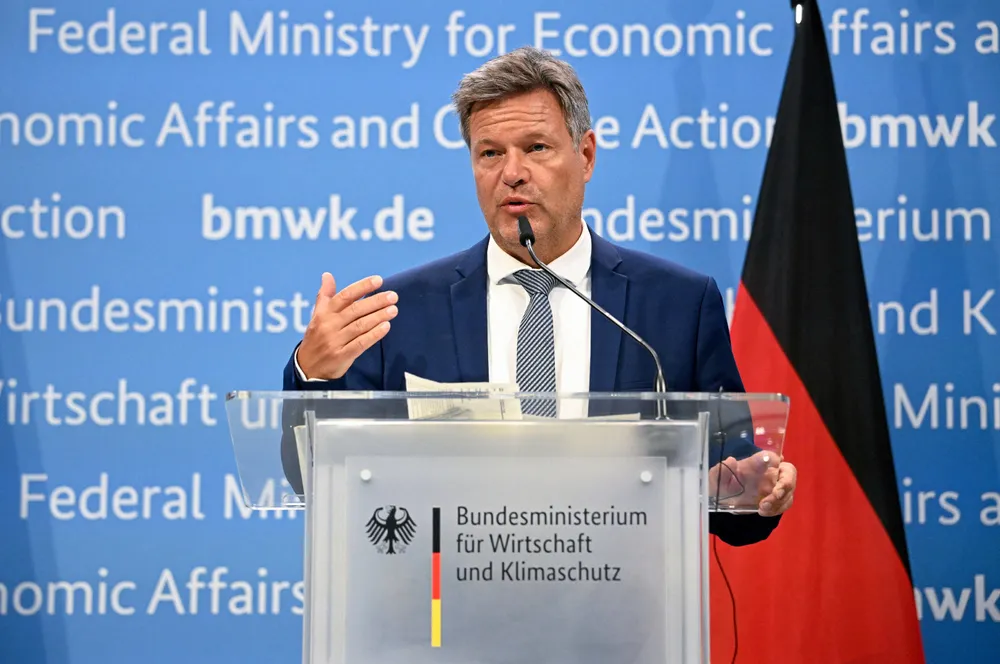Germany to issue tenders for up to 23.8GW of hydrogen-fired power plants by 2035
Up to 15GW can be operated temporarily with natural gas until connected to the H2 network, says vice-chancellor

Up to 15GW can be operated temporarily with natural gas until connected to the H2 network, says vice-chancellor
